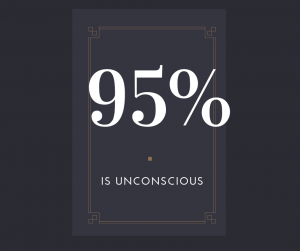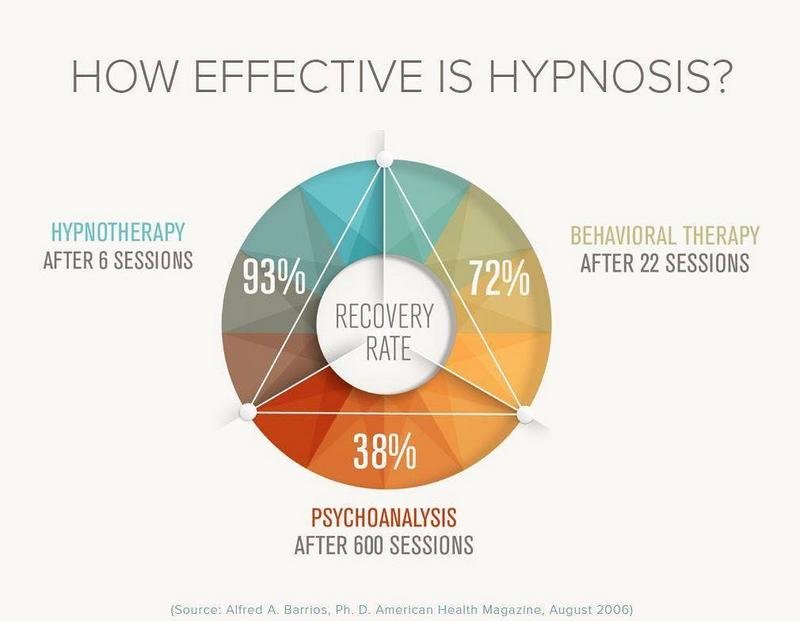If you feel stuck with patterns of thinking, feeling or behaving that are uncomfortable or unhelpful then the chances are you need to meet that stuckness where it lives. And for most of us that will be in our unconscious mind.
Why the Unconscious Mind Matters
Behind the Scenes with Your Unconscious Mind
 You could say that your unconscious mind is the power behind the throne of your conscious mind. By definition we tend to be very aware of our conscious mind. But it probably only represents 5-10% of our capacity. Our unconscious mind accounting for 90-95%. If you are really ready for change we ignore this deeper part of our psyche at our peril.
You could say that your unconscious mind is the power behind the throne of your conscious mind. By definition we tend to be very aware of our conscious mind. But it probably only represents 5-10% of our capacity. Our unconscious mind accounting for 90-95%. If you are really ready for change we ignore this deeper part of our psyche at our peril.
Why is the Unconscious Mind Important in Therapy?
The unconscious mind is where we find the operating manual for our lives. Our memories, experiences, knowledge, beliefs – everything! It is our blueprint for life. Our thoughts and reactions spring from this programming. Often unchecked by our conscious minds. These responses can be immediate, powerful and all-encompassing. So much so that we may rarely consider them or having a choice about this framework. It feels automatic, a given.
“Until you make the unconscious conscious, it will direct your life and you will call it fate.” C.G. Jung
Unless we work with this element of our psyche it is unlikely change will happen or be lasting. We will still be at the mercy of out-of-date or an unhelpful framework.
Working with the Conscious and the Unconscious Mind
Different therapists will inevitably see people for whom other approaches have not worked. Or perhaps someone was not ready to work with a particular issue. And I realise that I won’t see those people for whom CBT (cognitive behavioural therapy) has worked well. Which it does for some.
I was talking with a therapist colleague about the approaches we take. We were discussing why we both see people for whom CBT has not worked at all or only for a short while. And what some of the reasons for that might be in those instances.
My understanding is that CBT mainly works on the conscious and logic driven elements of our thoughts and behaviours. Which may work when the issues involved respond to that. When they don’t, my belief is that the part of the issue living in our unconscious mind has not been addressed sufficiently to create a lasting change.
 We don’t always respond to reason or logic. Ask people trying to stop smoking or to not eat all the cake! The unconscious mind works from a different rulebook. This is partly why old habits, behaviours and feelings can be hard to change. We need to meet these patterns where they live. To work in a way that engages with the unconscious mind.
We don’t always respond to reason or logic. Ask people trying to stop smoking or to not eat all the cake! The unconscious mind works from a different rulebook. This is partly why old habits, behaviours and feelings can be hard to change. We need to meet these patterns where they live. To work in a way that engages with the unconscious mind.
Therapies That Work with the Unconscious Mind
There are a number of therapies that engage with the unconscious mind. As always it is crucial to find the approach and practitioner that suit you and what you are working with. I offer a talking therapy approach that utilises hypnotherapy to support the process. The hypnotherapy element can be a profoundly supportive way to help people update the operating manual and to connect with more of their inner resources.
This graphic illustrates the comparative results discussed in Hypnotherapy a Reappraisal by Alfred A. Barrios PhD published in American Health Magazine in August 2006. People with vary in how they respond but this points to how supportive hypnotherapy can be. And for some, possibly in fewer sessions.

Levels of Working in Therapy
Even when we are struggling with anxiety, insomnia, phobias or any number of challenges most of us are still living busy lives. We still need to function at work and at home. Keeping the station open and the trains running whilst the station is being rebuilt. I believe we need to offer support at both levels.
For many it can feel like a big ask. So alongside working on the deeper core of what is going on I think it can be helpful to offer support to manage life on a day-to-day practical level. To have support strategies and techniques to help keep the show on the road.

Many people are worried that if they start to acknowledge and speak about things they will fall apart. In my experience the opposite is true. Bottling everything up does not work. Stage managing life through endless coping strategies can help in the moment but keep you stuck in the long run. Coping strategies can be useful but they are only about coping. Ideally we can all get to a place where we don’t need coping strategies because we feel good enough without them.
Working with the Unconscious Mind – Moving Forwards
For me in my practice it is a question of balance:
- Balancing the deeper work with practical support to cope day-to-day in the meantime
- Balancing our appreciation of the past with a forward focus to the life we want to be living
- Being able to be present and in the Now
And taking an approach that supports each person as an individual with whatever they are trying to achieve. Building awareness, expanding our range of choices and resources as we update old scripts and patterns. Aiming to create meaningful and lasting change by engaging with both the conscious and unconscious mind.
I hope you have found this blog on Why the Unconscious Mind is Important in Therapy to be of interest. You may also find my blog Understanding the Unconscious Mind to be a useful read too.
If you are interested to explore if Talking Therapy and Hypnotherapy may be helpful please do contact me. We can arrange a free mini-appointment to see if my approach might suit you.

